Tag: ballot measures
-
Florida to vote in 2022 on abolishing the Florida Constitution Revision Commission
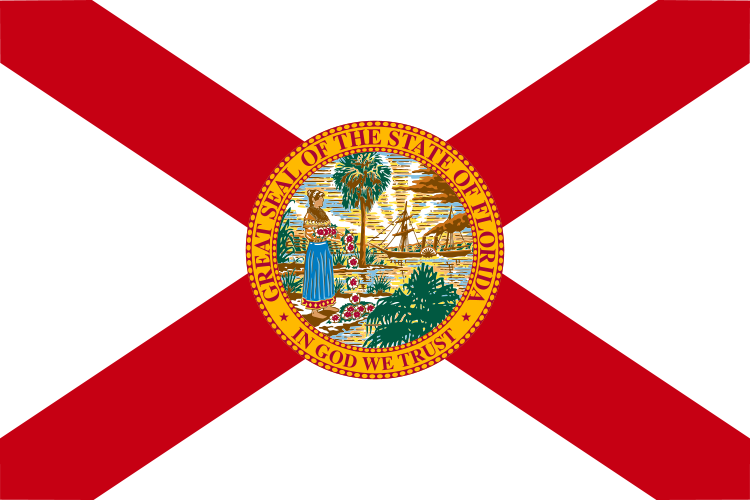
The Florida State Legislature gave final approval to SJR 204 on April 27, 2021. The measure, which will appear on the November 2022 ballot in Florida, would abolish the Florida Constitution Revision Commission if approved by 60% of voters. The Florida Constitution Revision Commission (CRC) is a 37-member commission provided for in the state constitution…
-
Arkansas Legislature sends third and final constitutional amendment concerning religious freedom to November 2022 ballot
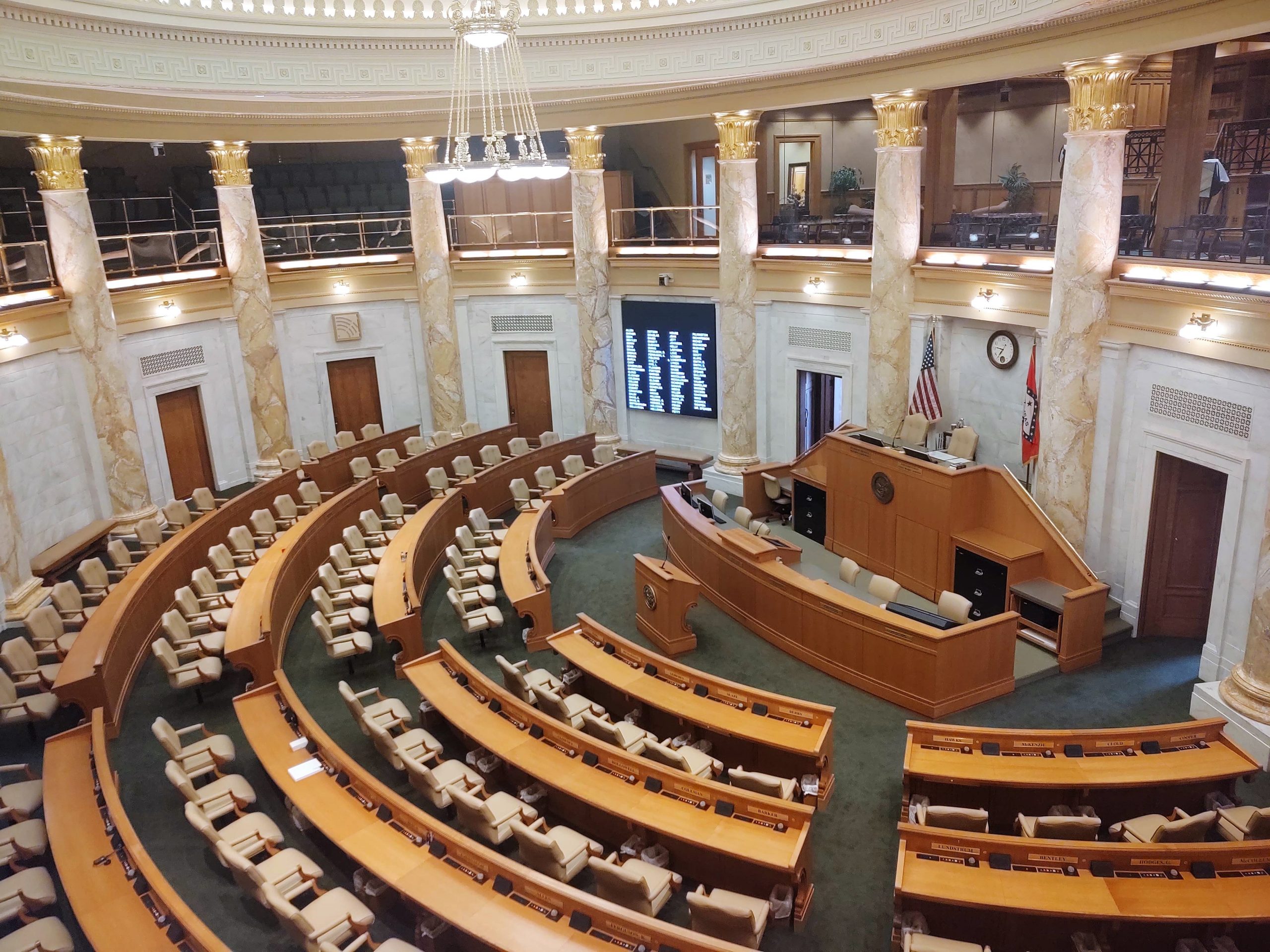
On April 27, the Arkansas State Legislature passed a third constitutional amendment titled the "Arkansas Religious Freedom Amendment," which will appear on the state's November 2022 ballot. The measure would amend the state constitution to provide that "government shall not burden a person's freedom of religion even if the burden results from a rule of…
-
Montana State Legislature sends ballot measure to change the state supreme court election process to 2022 ballot
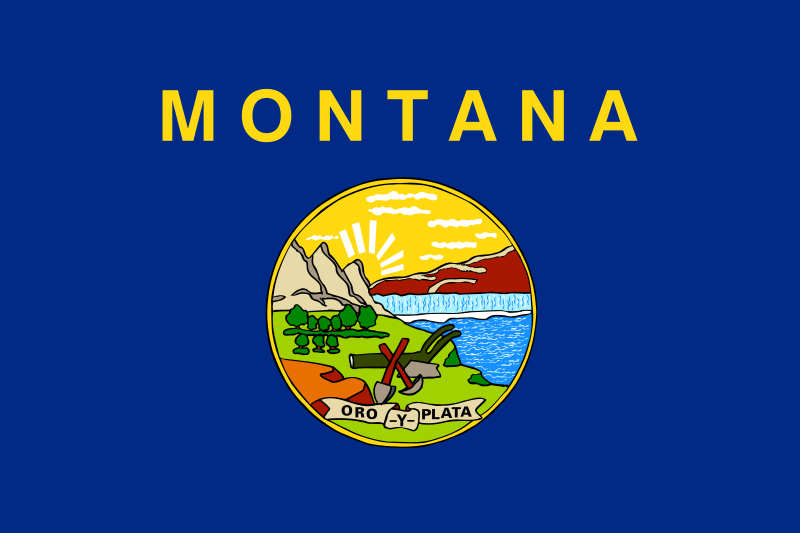
Voters will decide in 2022 on a measure to change the election of state supreme court justices in Montana from nonpartisan statewide elections to by-district elections. The measure would not remove any sitting state supreme court justice. Associate justices would be assigned district numbers according to their seat number, and the chief justice would be…
-
Florida State Legislature sends constitutional amendment to 2022 ballot concerning flood resistance improvements and property taxes
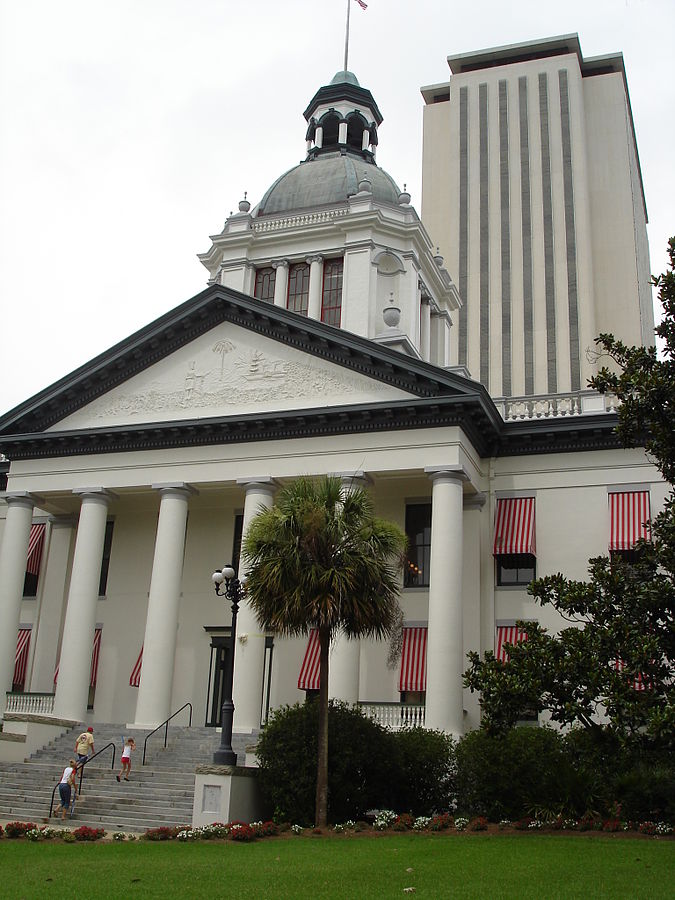
On April 26, 2021, the Florida State Legislature gave final approval to House Joint Resolution 1377. Voters will decide the constitutional amendment in November 2022. The measure would authorize the state legislature to pass laws prohibiting flood resistance improvements to a home from being taken into consideration when determining a property's assessed value for property…
-
The 2020 election gave West Virginia Republican lawmakers the votes needed to place an amendment prohibiting the state judiciary from interfering with impeachments on the 2022 ballot
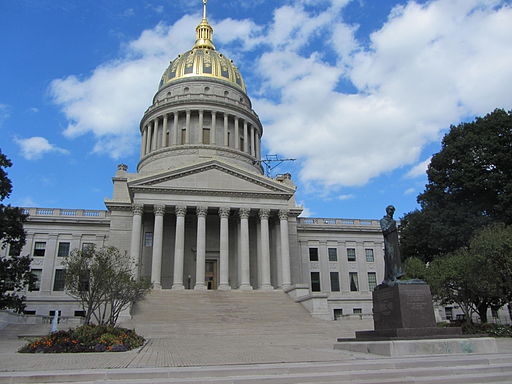
On April 9, the West Virginia State Legislature voted to refer a constitutional amendment to the 2022 ballot that would say that no state court has jurisdiction to intercede, intervene in, or interfere with impeachment proceedings of the West Virginia House of Delegates or the state Senate. Currently, the state constitution does not state a…
-
Montana voters will decide on a constitutional amendment to require a search warrant to access electronic data in 2022

On April 22, the Montana State Legislature referred a constitutional amendment to the 2022 ballot that would require a search warrant to access electronic data or electronic communications. The amendment would also state that electronic data and electronic communications would be secure from unreasonable searches and seizures. To put a legislatively referred constitutional amendment before…
-
Arkansas State Legislature refers two constitutional amendments to 2022 ballot
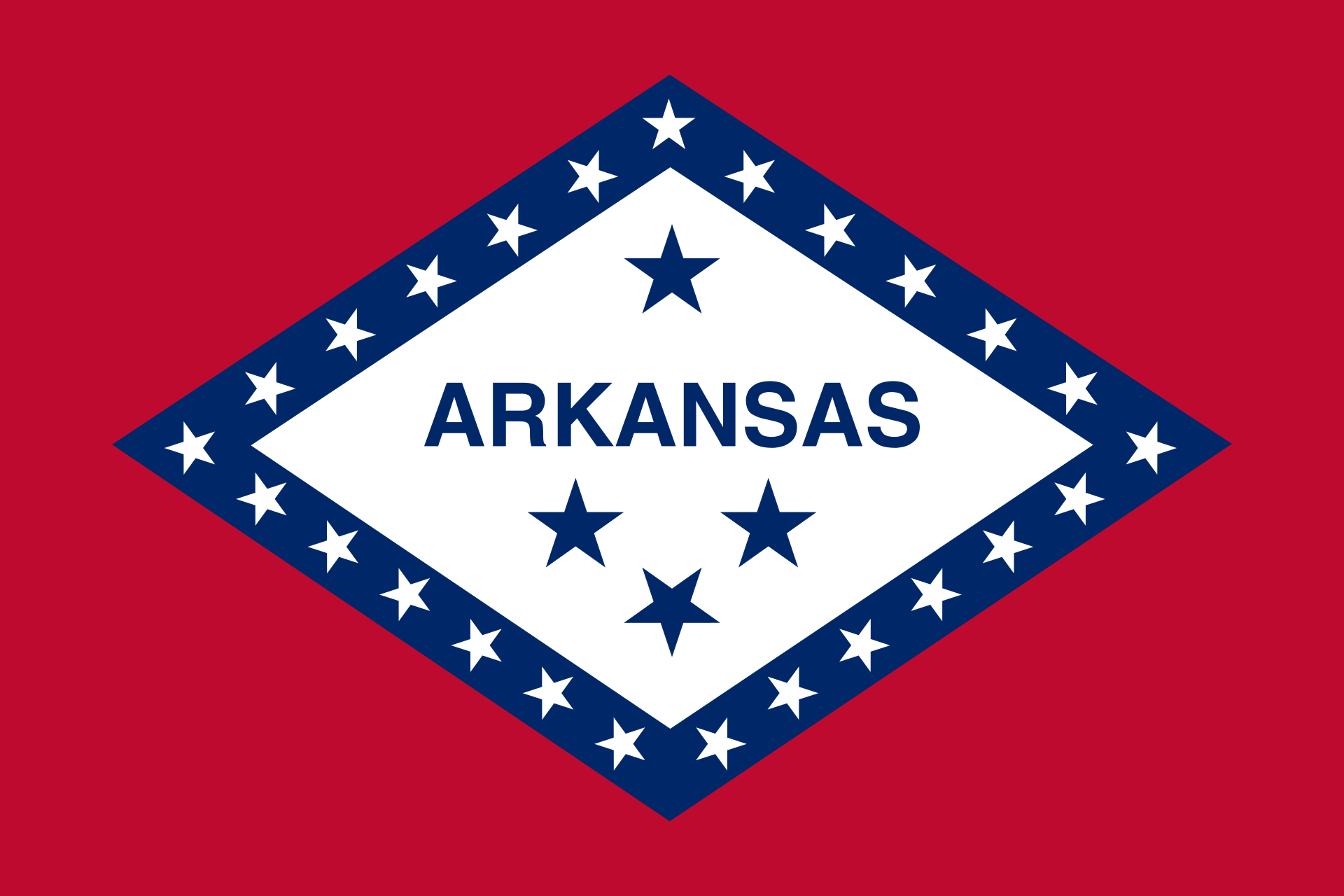
The Arkansas State Legislature gave final approval to two constitutional amendments on April 22, 2021, sending them to the November 2022 ballot. One of the amendments would require 60% supermajority voter approval to ratify constitutional amendments (legislatively referred and citizen-initiated) and citizen-initiated state statutes. Constitutional amendments require approval by voters in a statewide election to…
-
Alabama State Legislature refers third 2022 constitutional amendment to prevent voting policy changes six months before general elections
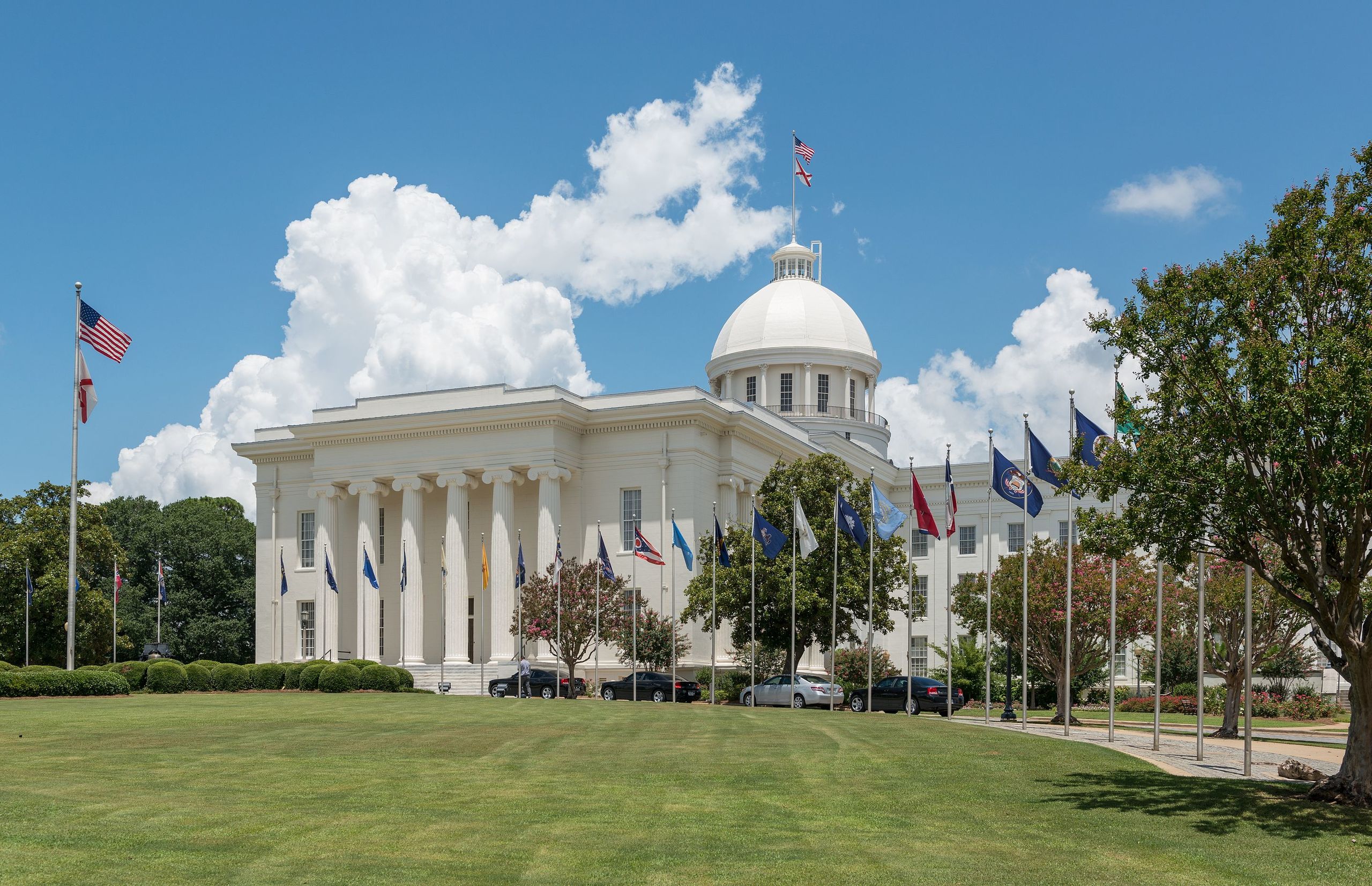
The Alabama State Legislature referred a constitutional amendment to the 2022 ballot that would require that any legislation changing the conduct of a general election must be implemented at least six months before the next affected general election. The amendment was introduced as House Bill 388 by State Representative Jim Carns (R). On April 6,…
-
The Florida Supreme Court blocks marijuana legalization initiative from 2022 ballot
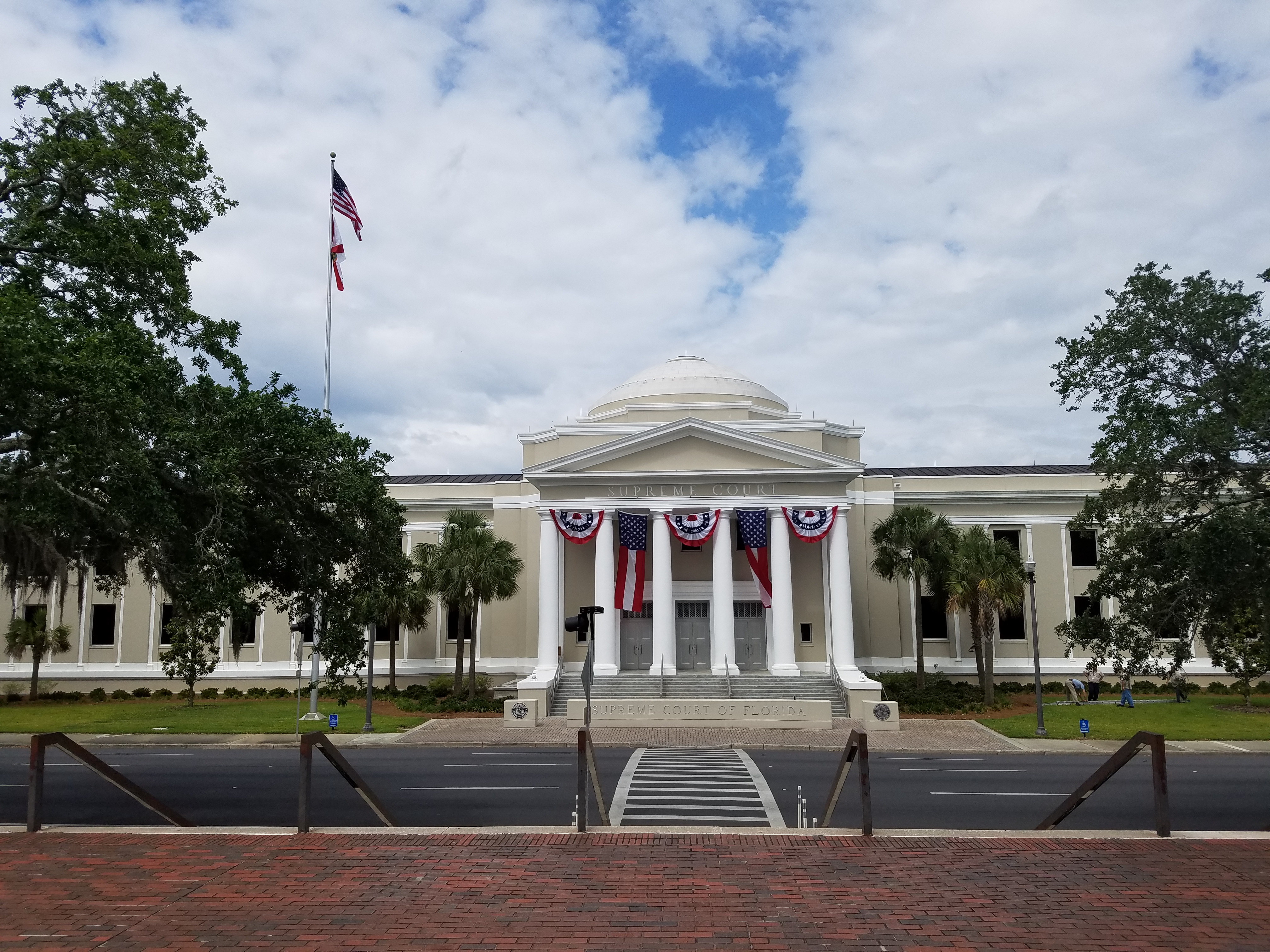
On April 22, 2021, the Florida Supreme Court ruled 5-2 that a marijuana legalization initiative backed by Make It Legal Florida could not appear on the 2022 ballot. The court wrote, "A constitutional amendment cannot unequivocally 'permit' or authorize conduct that is criminalized under federal law. And a ballot summary suggesting otherwise is affirmatively misleading."…
-
Highlights from April's edition of Ballotpedia's State Ballot Measure Monthly newsletter
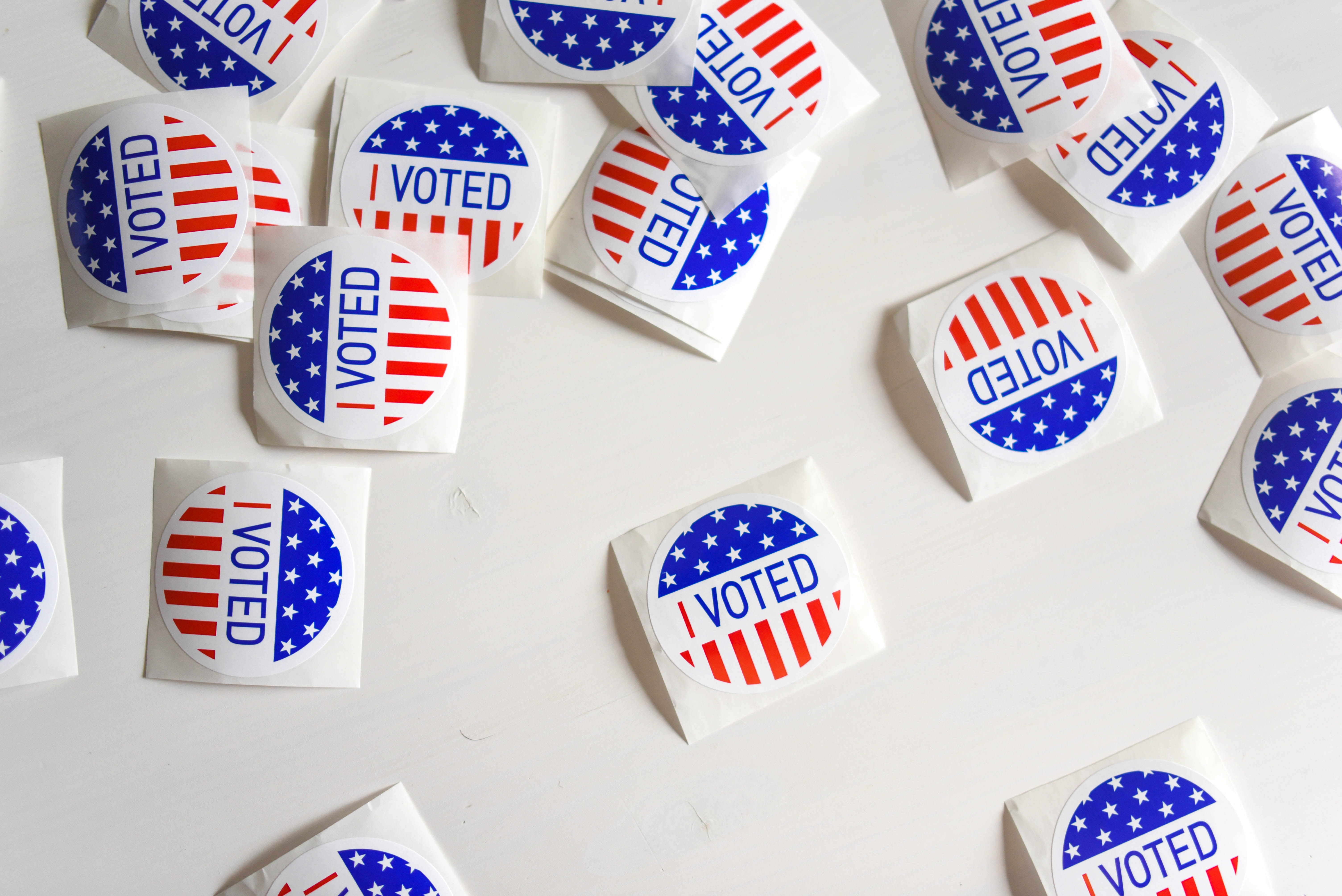
Nineteen statewide measures were certified for the 2022 ballot from March 16 through April 22 in 11 states. This brought the total number of 2022 statewide measures certified so far up to 28 in 16 states. An average of 22 measures were certified for even-year ballots by this point from 2011 through 2019. No new…

